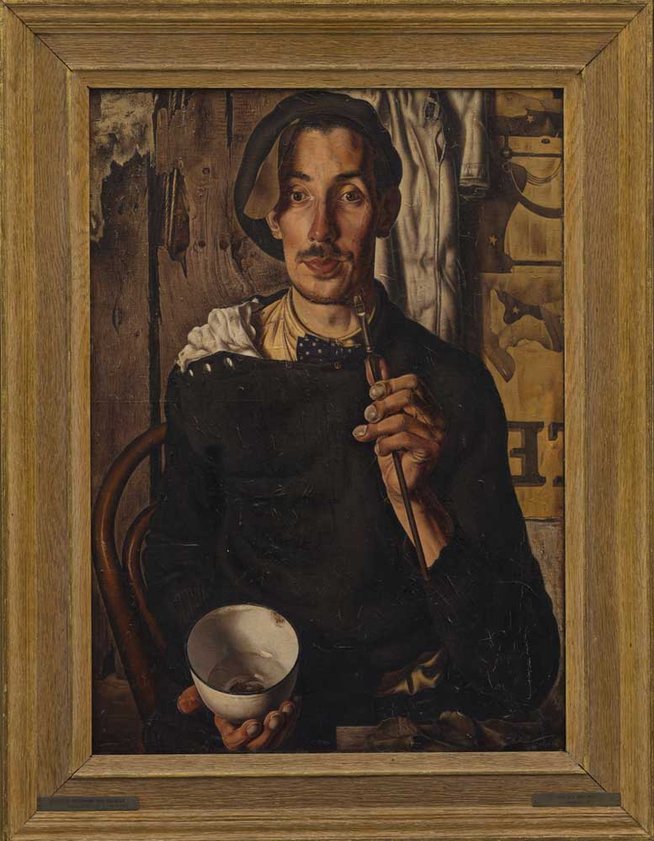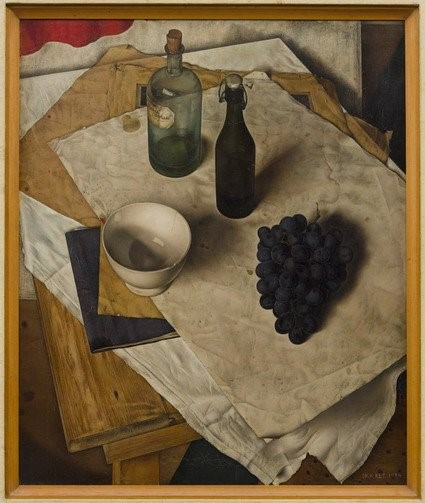Just as a child sometimes picks up a small stone, a piece of glass, a shell, and keeps it in his pocket, so a human being picks up a lot of little things along his path of life.
Maybe he puts it, so to speak, in a jar that is forgotten for decades in a cupboard. When he moves house or when cleaning up, he comes across the jar, casts a tender look into it, sees nothing special, but doesn’t throw it away either, because there is something about it.
Some people believe that big events are no coincidence, but, well, those little things, they don’t matter and they just happen. They’re like the objects you have around you all the time, they are just there and you don’t consider them worth your special attention.
A child, when asked what a birthday party had been like, even told in his long answer what was lying on the ground next to the cash register in the swimming pool. When the parent – becoming impatient – asked him to tell only the important things, he reacted with surprise: ‘I think all things are equally important’.
And how could it be possible to distinguish between the body and the individual cells it consists of? Or between an airplane and its metal parts? Between rain and the droplets? Between molecules and atoms? One sick cell can mean a sick bed, a missing piece of airplane a disaster; rain would wash us all away if there were no drops. And anyone who delves a little bit into the infinite possibilities of an atom…
That’s how the child collected his treasures for a reason. Each stone, perhaps unsightly in the eyes of another, has been a valuable moment, a moment of attention, of admiration, of interest. One day the jar of treasures may reappear and perhaps be seen with a different look. There are quite a few memories that just have been hanging on, not attached to any feeling at all. They come into your mind now and again and you don’t know for what reason.
A poetry-album of long ago, that contained well-meant, but cliché verses and silly jokes, or very virtuous rhymes. Yet there was one that I could not forget. It was about little things that can mean a lot to people: ‘A smile, a nod, a sweet glance, make a great difference.’ Perhaps too didactic, yet meaningful. It started like this: ‘Although you’re small, you have it all, you have a lot to give.’
A leaflet by the Epilepsy Association – never read it, but the title remained: ‘The power of small things.’ A self-portrait by Dick Ket in the Zuiderzee Museum, with those blue fingernails and the ‘drumstick fingers’, a memory of repulsion. Who could have thought that this ‘stone’, or perhaps in this case rather a ‘shell’, would turn out to be the basis of an insight later on? Ket, who painted the ‘common’, the small things from his daily life with so much love, he… of all people.

The painter Dick Ket (1902 – 1940) had a special eye for the unsightly. Because of his congenital heart defect he was bound to (his parental) home for many years. So he was in what we nowadays call a ‘lockdown’, and then extremely long. He dealt with this by first of all making a large number of self-portraits, in which he also carefully worked out the external features of his illness. He also arranged the simple objects, often cracked or dented, around him to create still life paintings, which he portrayed in a special way. The objects were arranged on a small table according to certain lines, often partially overlapping each other, and Ket painted them meticulously, but seen from above. The still life paintings thus created have a completely different character than those painted ‘simply from the front’. One of the many letters Ket wrote to his fiancée, Nel Schilt, stated:
… that there’s more between heaven and earth, I think about this as often as I paint still lifes. Precisely in these dead things I feel the presence of the ubiquitous and I catch myself thinking with love about these dead objects and treating them.
This love, which can also overtake us in our stagnant existence, for example in the peace of a lockdown, gives shine to the unsightly, brings order to the seemingly incoherent. Simple memories, of a verse in an album, a book title, a statement by someone, a joke you don’t forget and you don’t know why… they can overlap and fit in certain lines, they can tell you a lot. The why of their existence and of their closeness. How they together, and sometimes on their own, with love seen from above, form a meaningful pattern, build an insight, can be the source for a story. They have waited until the moment you became silent, so that you could hear them speak and see through them to that great something, that consists of small things.

Image: Museum Arnhem NL
A photo caption, a joke, a fragment from a magazine, somebody’s laugh, an unexpected remark, a sentence in a not-so-good book, the ‘stones, shells and shards’, they have not been picked up without reason, but they form a mosaic. In an unguarded moment, an absence of activities, a gaze into the garden or just while waiting, they reveal themselves, they show that they are there to serve you. The jar appears to be a treasure chest, full of pieces of preparation and everything points in one direction only: to wholeness. That is the power of small things.

